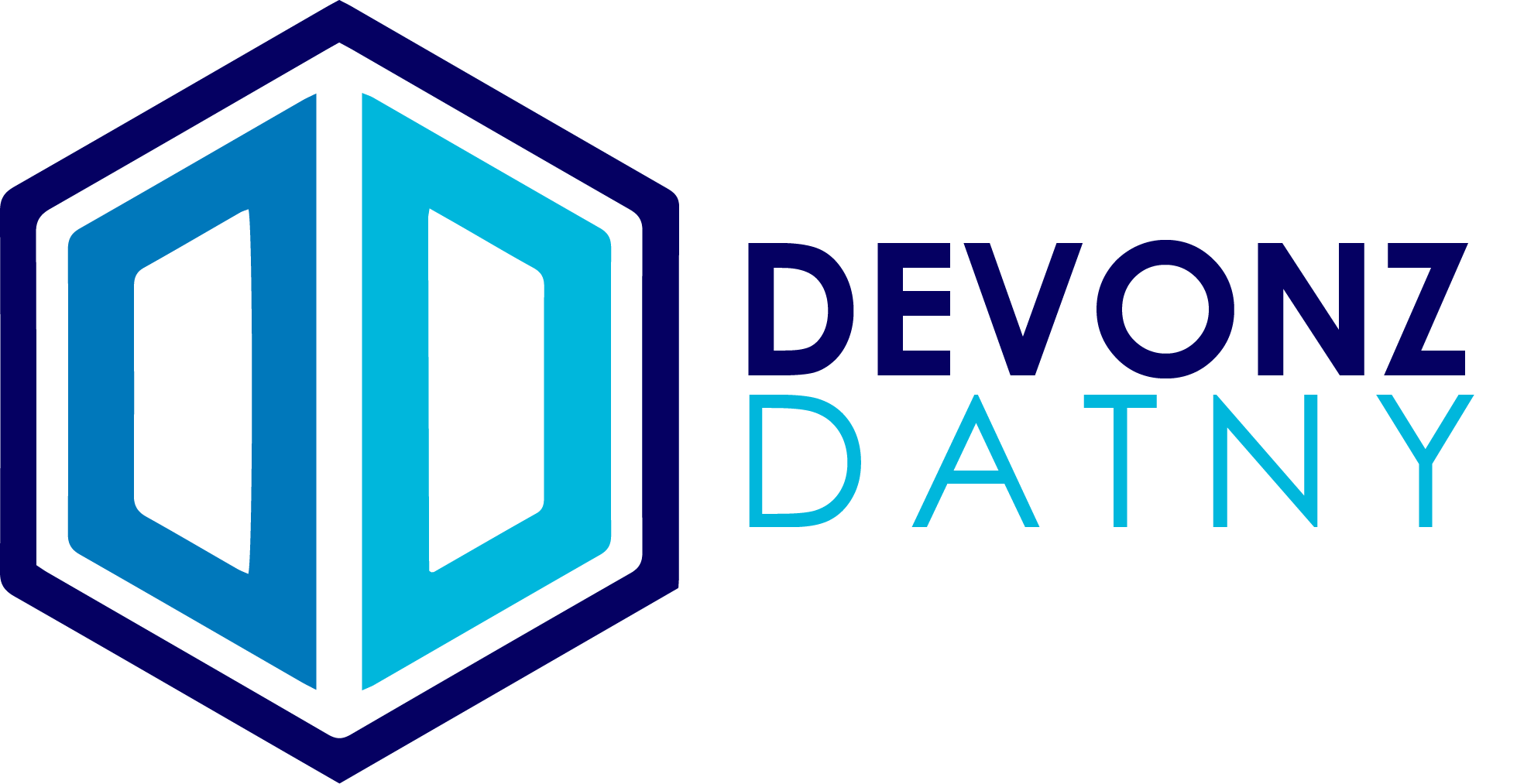
When an OSHA inspector comes to your workplace, it is important to be prepared. Here are some tips to remember during an inspection: -Make sure all employees are aware of the inspection and know what to do. -Gather all the necessary documents and have them ready for the inspector. -Be polite and cooperative with the inspector. -If there are any violations, take corrective action immediately.
1. Don’t panic during an OSHA inspection
It is not uncommon for business owners to feel nervous when an OSHA inspector arrives unannounced. After all, OSHA inspections can result in hefty fines if violations are found. However, it is important to keep calm during the inspection process. Here are a few tips to remember if you find yourself in this situation:
1. Don’t Panic
As mentioned above, it is important to stay calm during the inspection process. This will help you to think more clearly and avoid making any mistakes.
2. Be polite and cooperative
OSHA inspectors are just doing their job. They are not out to get you. Therefore, it is important to be polite and cooperative throughout the inspection process.
3. Understand your rights
You have the right to refuse entry to the inspector if they do not have a warrant. You also have the right to have an attorney present during the inspection.
4. Take notes
It is a good idea to take notes during the inspection. This will help you to remember what was discussed and will be helpful if you need to follow up on anything later.
5. Don’t sign anything
You should never sign anything during an OSHA inspection without first consulting with an attorney. Doing so could waive your rights or result in you accepting responsibility for a violation.
Following these tips will help to ensure that your OSHA inspection goes smoothly. Remember, the best way to avoid a fine is to have a well-maintained workplace that is in compliance with all OSHA regulations.
2. Be prepared for an OSHA inspection
If you are a business owner, it is important to be prepared for an OSHA inspection. OSHA is the Occupational Safety and Health Administration, and they are responsible for ensuring that workplaces are safe for employees.
There are a few things that you can do to prepare for an OSHA inspection, and these tips will help you make sure that you are ready for anything.
1. Know your rights.
It is important to know your rights as an employer before an OSHA inspector comes to your business. You have the right to refuse entry to an inspector if they do not have a warrant, and you should also have a copy of the OSHA standards in your workplace.
2. Be prepared.
Make sure that you are prepared for an inspection by having all of the necessary paperwork in order. This includes things like your safety plan, employee training records, and accident reports.
3. Cooperate with the inspector.
It is important to cooperate with the inspector during the inspection process. This means answering any questions that they have and providing them with any requested documents.
4. Fix any hazards.
If the inspector finds any hazards in your workplace, you will need to fix them as soon as possible. This could involve making changes to your safety plan or providing additional training for your employees.
5. Follow up.
After the inspection is complete, make sure to follow up with the inspector. This includes getting a copy of the inspection report and making sure that all of the hazards have been fixed.
3. Know your rights during an OSHA inspection
If you are an employer, it is important to be aware of your rights during an OSHA inspection.
1. You have the right to know why the inspection is taking place.
The inspector should provide you with a written notice that states the reason for the inspection. This notice should be posted in a conspicuous location at the worksite.
2. You have the right to have a representative present during the inspection.
You can choose to have a representative present during the inspection. This could be an attorney, a union representative, or someone from your company.
3. You have the right to request a postponement of the inspection.
You may request a postponement of the inspection if you feel that you are not prepared. The inspector may agree to postpone the inspection if you can provide a valid reason.
4. Understand the purpose of an OSHA inspection
The Occupational Safety and Health Administration (OSHA) is a federal agency that inspects workplaces to ensure that they are safe. Inspections are conducted to ensure that employers are complying with OSHA standards, which are designed to protect workers from injuries and illnesses.
During an inspection, an OSHA inspector will look for hazards and potential violations of OSHA standards. The inspector will also interview workers to get their perspective on safety at the workplace.
It is important to be prepared for an OSHA inspection. Here are some tips to remember:
– Make sure that your workplace is clean and organized. This will make it easier for the inspector to identify potential hazards.
– Be familiar with OSHA standards and know which ones apply to your workplace.
– Be prepared to answer questions about safety procedures and policies at your workplace.
– cooperate fully with the inspector.
If hazards are found during an inspection, OSHA may issue citations to the employer. Citations can result in fines and other penalties.
If you have any concerns about safety at your workplace, you can contact OSHA to file a complaint.
5. Be cooperative during an OSHA inspection
It is always best to be cooperative during an OSHA inspection. Here are five tips to remember that will help make the inspection go smoothly:
1. Make sure you have all the required safety documents on hand. This includes things like your injury and illness prevention program, as well as any safety manuals you have.
2. Be prepared to answer any questions the inspector may have. They will likely want to know about your safety procedures and how you implement them.
3. Be honest with the inspector. If there are any problems with your safety program, be upfront about them. Trying to cover them up will only make the situation worse.
4. Cooperate with the inspector’s requests. They may want to see certain areas of your facility or talk to certain employees.
5. Thank the inspector for their time once the inspection is over. Even though it can be stressful, remember that they are just doing their job.
6. Be aware of potential hazards in your workplace
As an employer, you are responsible for ensuring that your workplace is safe for your employees. OSHA Inspections are conducted to ensure that employers are providing a safe and healthful workplace. Here are six potential hazards to be aware of in your workplace:
1. slips, trips and falls
2. electrical hazards
3. ergonomic hazards
4. chemical hazards
5. fire and explosion hazards
6. noise hazards
1. Slips, trips and falls are among the most common workplace injuries. To prevent these accidents, keep your workplace clean and free of clutter. Also, make sure that floor surfaces are dry and free of spills.
2. Electrical hazards can be deadly. To prevent these accidents, make sure that all electrical equipment is properly grounded and that cords are not frayed or damaged.
3. Ergonomic hazards can cause musculoskeletal disorders. To prevent these injuries, make sure that employees have access to ergonomic furniture and equipment. Also, ensure that employees are properly trained on how to use this equipment.
4. Chemical hazards can cause respiratory problems, skin irritation and other health problems. To prevent these accidents, make sure that all chemicals are properly labeled and that employees are properly trained on how to use them.
5. Fire and explosion hazards are a serious concern in any workplace. To prevent these accidents, make sure that all flammable materials are properly stored and that employees are trained on how to use fire extinguishers.
6. Noise hazards can cause hearing loss. To prevent these accidents, make sure that all employees are properly trained on how to use noise-canceling headphones or earplugs.
7. Be proactive in addressing potential hazards
As we all know, being prepared for an OSHA inspection is key to maintaining a safe and compliant workplace. But what exactly does that mean? In this blog, we’ll go over seven tips to remember that will help you be proactive in addressing potential hazards in your workplace.
1. Keep your workspace clean and organized.
A cluttered workspace is a hazard in itself, so it’s important to keep your work area clean and free of debris. This will help you avoid trip and fall accidents, and will also make it easier to spot potential hazards.
2. Inspect your equipment regularly.
Regularly inspect your equipment for any damage or wear and tear. This includes checking for loose screws, sharp edges, and frayed cords. If you spot any damage, make sure to repair or replace the damaged equipment right away.
3. Use the proper safety equipment.
Make sure you and your employees are using the proper safety equipment for the job. This includes things like gloves, eye protection, and respirators. Using the proper safety equipment will help reduce the risk of injuries.
4. Be aware of your surroundings.
Pay attention to your surroundings and be aware of potential hazards. This includes things like wet floors, loose wires, and exposed nails. If you see something that could be a hazard, take steps to fix the problem right away.
5. Follow safety procedures.
Make sure you and your employees are following all safety procedures. This includes things like using the proper lifting techniques, wearing the proper safety equipment, and following all fire safety procedures.
6. Keep a first aid kit on hand.
In case of an accident, it’s important to have a first aid kit on hand. This will help you treat any minor injuries that may occur. Read More
7. Be prepared for an emergency.
This includes things like knowing where the nearest exit is, having a designated meeting place, and having a list of emergency contacts.
By following these tips, you can help create a safe and compliant workplace.
8. Don’t ignore an OSHA inspector’s findings
When an OSHA inspector comes to your workplace, it’s important to take their findings seriously. Ignoring an inspector’s findings can lead to serious consequences, including citations and fines. Here are eight tips to remember during an OSHA inspection:
1. Don’t try to hide anything from the inspector.
2. Don’t lie to the inspector.
3. Don’t argue with the inspector.
4. Do cooperate with the inspector.
5. Do provide the inspector with any requested information.
6. Do allow the inspector to access any requested areas.
7. Do fix any hazards that are found during the inspection.
8. Do follow up with the inspector after the inspection to make sure all hazards have been corrected.
9. Be prepared to appeal an OSHA citation
If you receive an OSHA citation, you have the right to contest it. Here are nine tips to keep in mind if you choose to appeal:
1. Review the citation carefully. Make sure you understand the alleged violations and the proposed penalties.
2. Gather evidence. This may include photographs, documents, witness statements, and expert opinions.
3. Determine whether you have grounds for an appeal. Possible grounds include errors in the citation, lack of evidence, or extenuating circumstances.
4. Consider whether it makes sense to negotiate with OSHA. You may be able to reach an agreement on the citation without going through the formal appeal process.
5. File a notice of contest within 15 working days of receiving the citation. This notice must be in writing and must be sent to the OSHA area director.
6. Participate in an informal conference with the OSHA area director. This is an opportunity to discuss the citation and present your evidence.
7. If you are not satisfied with the outcome of the informal conference, you can request a formal hearing before an OSHA administrative law judge.
8. Prepare for and participate in the formal hearing. This may include testifying, presenting witnesses, and cross-examining OSHA witnesses.
9. If you are not satisfied with the outcome of the formal hearing, you can appeal to the Occupational Safety and Health Review Commission.




